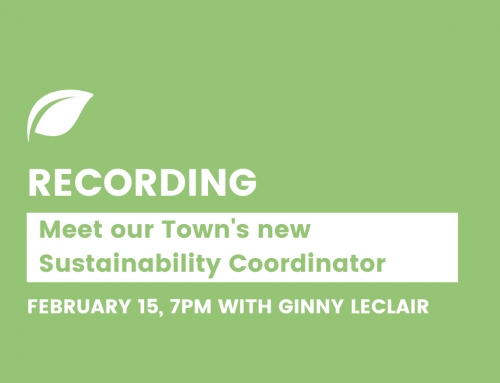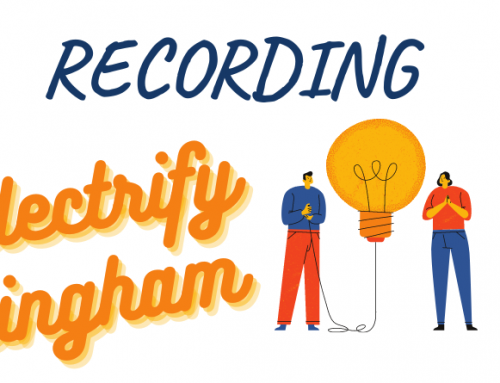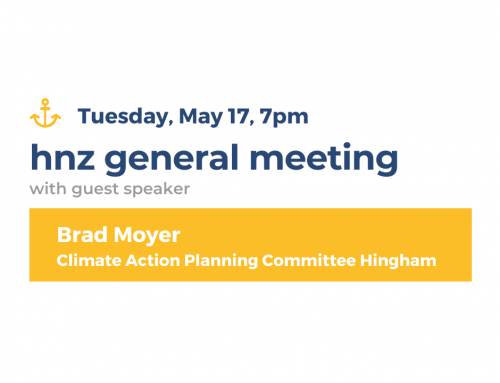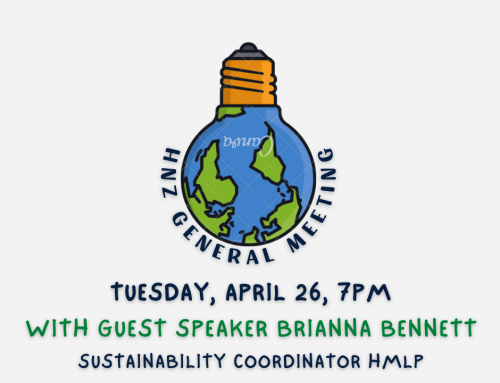Net Zero-ers Laura Burns and Ben Kerman summarized the webinar for us. Here’s what they learned:
Messaging: Useful and Not Useful
Here are problems with current approaches to discussing climate change, which don’t put the human element into the discussion:
- In many images, there are no humans – just landscapes and polar bears, for example.
- Scientific terms sometimes have popular definitions which don’t work (for example, a “theory” is not just a working hypothesis, it’s well-established).
- Promotion of logical fallacies – economics vs. climate action, energy security vs. decarbonization etc.
- In human psychology, risk perception overly weights near-term risk over long-term risk solutions are seen as a threat to our current way of life.
What to do? Best Practices:
- Provide a vision for a positive future vs. a scary one
- Promote the view that we are on the way there – we have a good start, as opposed to being behind the eight ball. Psychology research suggests that people are more motivated to action when they buy into that idea.
- Hope can change fear into action. Give reason for hope.
- Connect the dots to things people care about in everyday life. This provides more common ground for discussion than hypothetical views of the future.
- Speak for the data – the data can’t speak for itself. Use stories about humans.
- Language: These phrases are ambivalent:
- global warming: warming is often seen as a good thing
- climate change: change is not always bad.
- The descriptor that works the best from a psychological point of view is “climate crisis.” People respond actively and positively when they hear there is a “crisis.”
Personal Stories
The second presenter was from Climate Generation, which collects personal stories and helps people develop their own personal stories about the climate crisis. Telling personal stories engages people better in thinking about the climate crisis than data does. They collect personal climate stories on their website and encourage everyone to share theirs.





